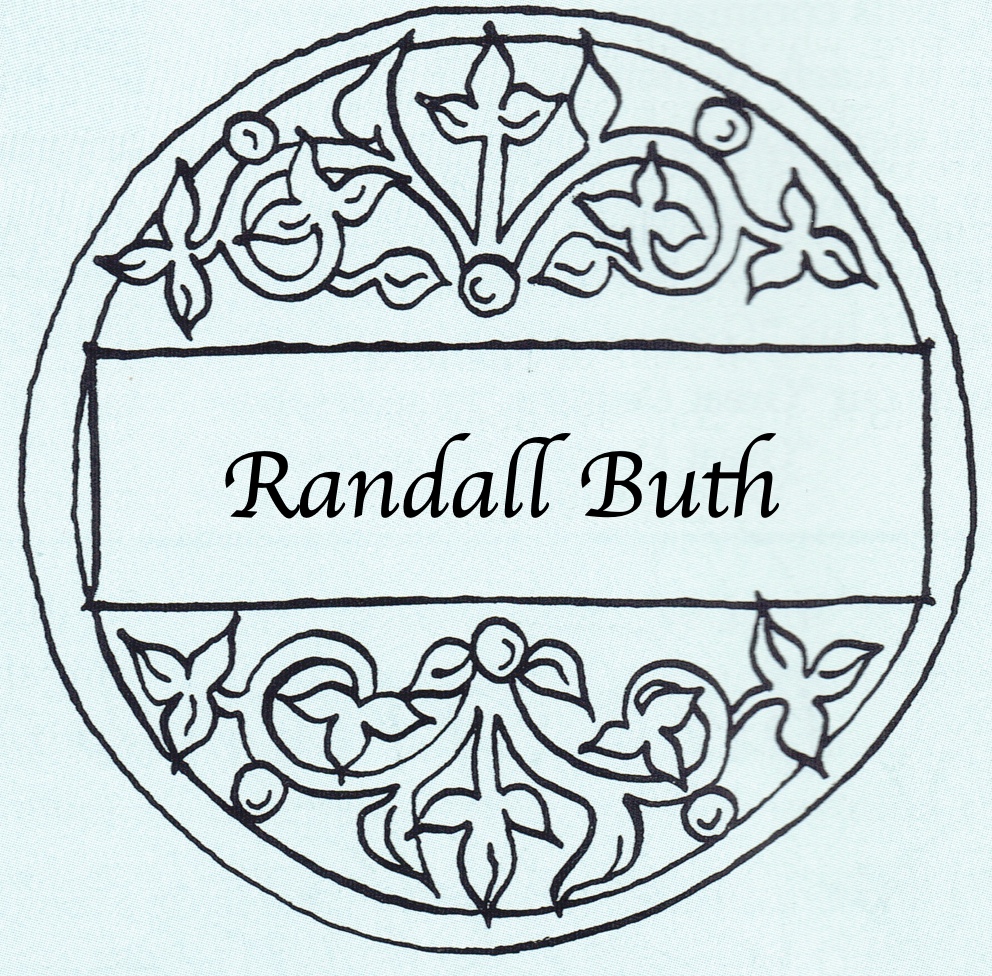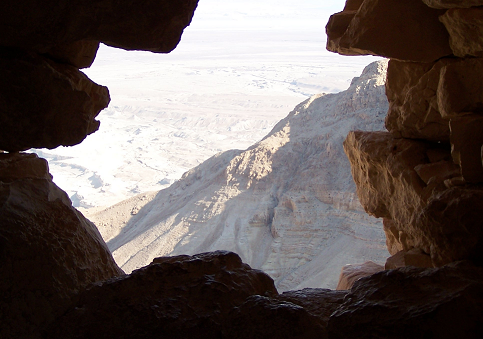
I appreciate this opportunity to return to some issues concerning the Targum of Job that I raised in “Where Is the Aramaic Bible at Qumran? Scripture Use in the Land of Israel” and to evaluate Jack Poirier’s response entitled, “The Qumran Targum of Job as a Window into Second Temple Judaism: A Response to Randall Buth.”
I will summarize briefly the main points in my original article:
An Aramaic Targum of Job was widely known in Jewish circles during the Second Temple period—there are two different copies at Qumran, two rabbinic stories connected with the Gamaliel family that mention a Targum of Job, and a bibliographic reference to an Aramaic account at the end of the old Greek translation of Job. That is remarkably wide attestation. Just as remarkable, there is no evidence, other than these copies of the Targum of Job, that an Aramaic Bible was in use before A.D. 70. I suggested several possible explanations for this paradox, and concluded that an Aramaic Bible, if it existed at all, was most probably not in general use in the land of Israel during the Second Temple period. Lacking an Aramaic Bible, it appears that the Hebrew Bible was the Bible in use for the majority of persons in the land during the first century.
Poirier’s response was definite, yet curiously indirect. “Finding myself at odds with his [Buth’s] conclusions…I would like to suggest a different reading of the evidence….” However, identifying his reading is difficult. Poirier’s main argument would appear to rest on his statement, “I only want to note that there is more than one way to interpret the evidence.” We agree on this; however, the question is not whether or not there exists a plurality of interpretations of the evidence, but which reading best corresponds to the evidence.
Apparently, Poirier argued that Qumran should not be expected to have an Aramaic Bible:
If the Qumran community was as averse to clothing its religiosity in Aramaic as recent scholarship has argued, then it would be wrong to draw a negative conclusion about the use of Aramaic beyond Qumran based on what we find (and do not find) at Qumran…. The fact that a number of Aramaic texts were found at Qumran does not substantially alter this picture, except that we are then forced to say that the Qumranites did not look upon Aramaic as religiously evil per se, but only as an inadequacy for true piety and communion with God.
Paid Content
Premium Members and Friends of JP must be logged in to access this content: Login
If you do not have a paid subscription, please consider registering as a Premium Member starting at $10/month (paid monthly) or only $5/month (paid annually): Register
One Time Purchase Rather Than Membership
Rather than purchasing a membership subscription, you may purchase access to this single page for $1.99 USD. To purchase access we strongly encourage users to first register for a free account with JP (Register), which will make the process of accessing your purchase much simpler. Once you have registered you may login and purchase access to this page at this link:
































































































Comments 1
The Qumran community, just like all the other readers of Job’s Hebrew original through the ages, were quite likely looking for all the help they could find in making sense of this very difficult text, by far the most difficult in the Hebrew Bible. As the rabbis liked to say, “In Psalms there is no relation between one chapter and the next, in Proverbs there is no relation between one verse and the next, and in Job there is no relation between one word and the next”.